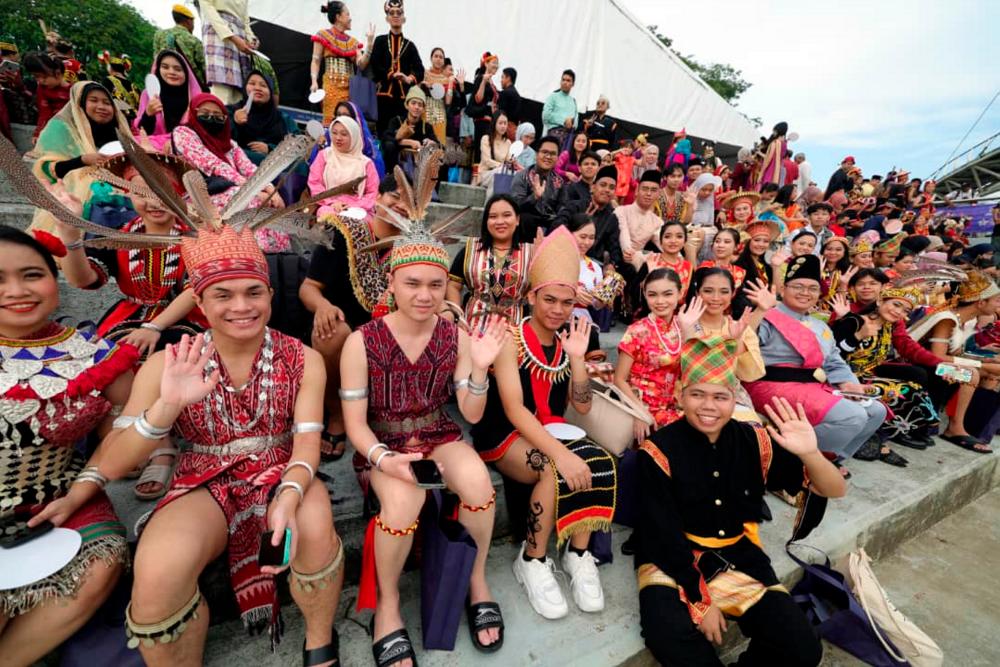PETALING JAYA: Peninsular Malaysians must take heed and learn from the example set by Sabah and Sarawak in appreciating ethnic and religious diversity and embracing these values to foster national unity, said National Council of Professors senior fellow Datuk Dr Jeniri Amir.
He was commenting on the National Unity Week 2023 celebrations, which started on May 20 and will run until the 28th.
Prime Minister Datuk Seri Anwar Ibrahim has said having the celebration is vital to spreading the spirit of togetherness and unity among Malaysians.
He added that National Unity Week could also spread knowledge and understanding and allow the people to appreciate the diversity of cultures that instil patriotism.
Jeniri said the prime minister is on the right track in appreciating racial and religious differences, adding that the diversity of ethnic cultures would foster and promote national unity.
“Peninsular Malaysians must realise and accept that there will be differences when it comes to the religious and cultural practices of the different races.
“Charity begins at home, so parents must teach their children about the importance of respecting one another’s cultural and religious practices. This must also be promoted in primary schools as children from different races begin to mix mostly from there.”
Jeniri said while religious and cultural tolerance needs to be promoted, teachers have an important role to play in helping to advance unity and acceptance of the different races and their religious and cultural practices.”
He said a better understanding of the differences among the races and religions is important to help promote social cohesion.
However, he warned against manipulating race and religion for personal gain, as some politicians are known for using it to gain popularity.
“Sabah and Sarawak are good examples of racial unity as the people there have learnt to live together. They understand that there are differences between their religious practices, and they have embraced them.
“There are also many inter-racial and interfaith marriages in Sabah and Sarawak, which are celebrated by everyone. Peninsular Malaysians should learn from them and accept the differences, which will only serve to make the nation stronger.”
However, Jeniri said certain politicians in the peninsula are known for making statements on race and religion for personal benefit and are not bothered about the consequences of what they are doing, so long as they gain from it.
He said politicians must realise they are living in a multiracial and multireligious society and have to be sensitive over the statements they make.
“It is important to avoid divisive statements on religious or racial sensitivities. Politicians cannot just look at things from their perspective, but understand that they live in a plural society, so understanding racial and religious sensitivity is key to harmonious living.”
Social activist Tan Sri Lee Lam Thye said unity is key to the success of any nation, and it should be given priority and utmost importance in whatever the government undertakes.
He said unity is essential as without it, achievements in economic development or science and technology would be meaningless.
“All government policies should prioritise unity. Unfortunately, there are politicians and even some among the citizenry who are very divisive and play the racial and religious cards for their own benefit.
“Politicians should refrain from getting involved in activities that have little benefit to the country.
Their statements, speeches and even comments must foster unity among the people and not divide them.”
Lee said it is every politician’s duty to bring progress to the nation by bettering the people’s lives.
“Being divisive is detrimental to everyone no matter what race or religion a person belongs to.”









